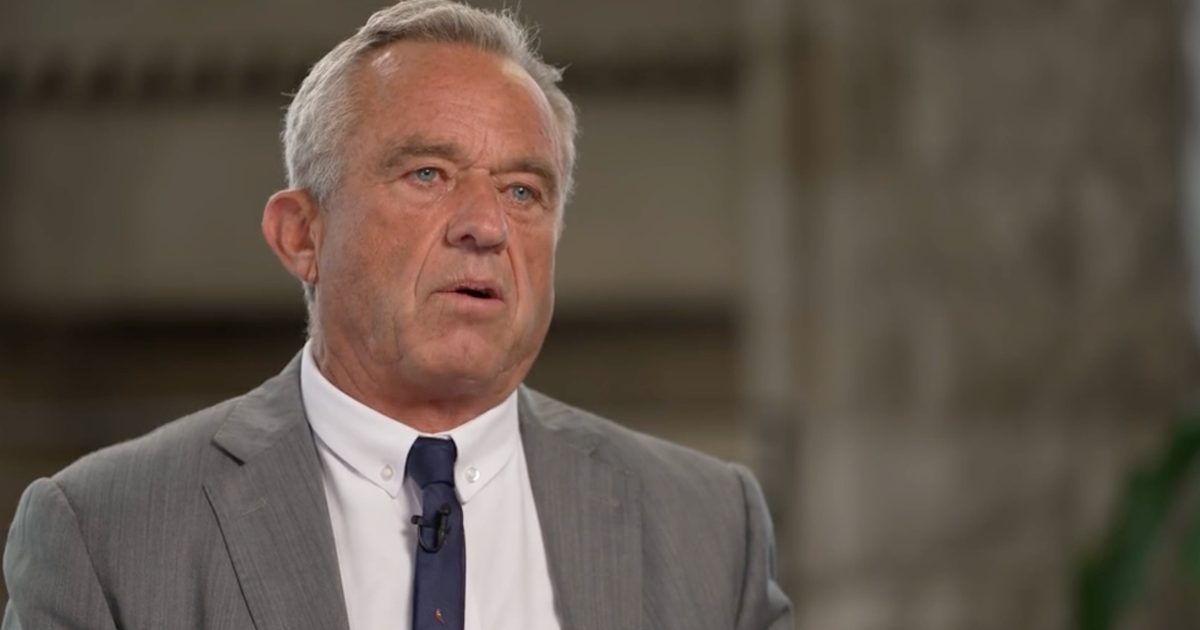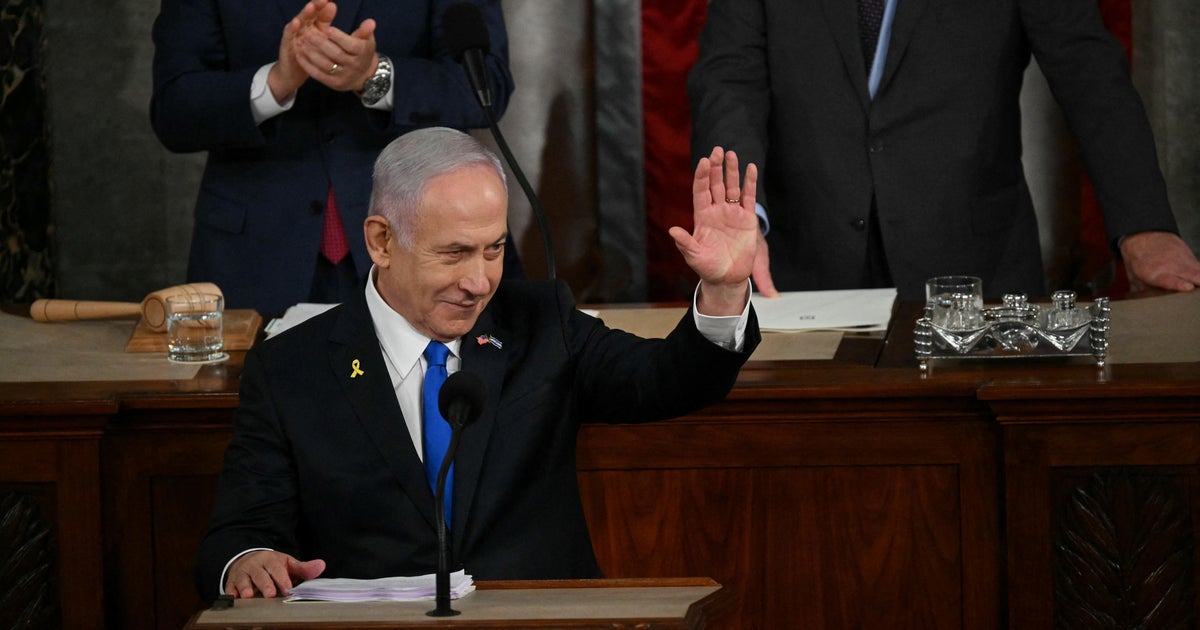More than 10,000 asylum seekers returned under "Remain in Mexico" as U.S. set to expand policy
More than 10,000 asylum seekers have been returned to Mexico by U.S. authorities to await court hearings as the Trump administration prepares for the immediate expansion of the controversial practice — known as "Remain in Mexico" — along the entire southern border.
Under the Department of Homeland Security (DHS) policy, approximately 10,393 Central American migrants have been returned to Mexico as their cases are processed in American immigration courts, a Mexican government official at the National Institute of Migration, which oversees migration in the country, told CBS News.
The latest benchmark of people returned under the policy — which is being challenged in court — comes as the Trump administration and the government of Mexican President Andrés Manuel López Obrador reached a deal late Friday to curb migration from Central America after days of tense negotiations stemming from President Trump's threat to impose tariffs on Mexican goods.
Along with the deployment of thousands of Mexican National Guard units to the Mexico-Guatemala border, the joint declaration unveiled by both governments includes a provision that says the U.S. will "immediately expand the implementation" of "Remain in Mexico," officially called the Migrant Protection Protocols (MPP).
Under the resolution, Mexico made a remarkable commitment to not only allow those returned to stay in Mexico, but also provide them with work permits, health care and education — something immigration advocates have said has not occurred yet on a large scale.
Prior to the agreement, the policy had been in place at ports of entry in El Paso, Calexico and San Diego — where it made its debut last December under former DHS secretary Kirstjen Nielsen. It's unclear if the Trump administration is prepared logistically and politically to carry out the full-blown expansion of the practice across the entire U.S.-Mexico frontier.
A DHS official said no new locations have been officially designated for "Remain in Mexico" and that the agency is taking a "methodical approach" to the expansion to "ensure the safe and orderly flow of people at the ports of entry."
"DHS intends to increase the number of returns and see more individuals with meritorious asylum claims find resolution," the official added.
The administration will likely need more immigration courts and judges to expand the policy. Since immigration courts are not independent from the Executive Branch — they are part of the Justice Department — the administration can open new ones, but the system has been dealing with years of backlog and shortage of judges.
Additionally, the implementation of Remain in Mexico is threatened by ongoing litigation. The administration had halted the policy for a few days in April after a federal judge blocked the government from continuing it. That same month, however, the Ninth Circuit Court of Appeals granted the government's emergency motion to stay the lower court's ruling, allowing DHS to resume the practice.
The Ninth Circuit has not made a final ruling, but already heard oral arguments from the government and plaintiffs, a group of immigrant rights groups and asylum seekers. They argue that migrants subjected to the policy face great risk and danger in Mexico.
Omar Jadwat, director of the American Civil Liberties Union's Immigrants' Rights Project, said his group would continue to fight "Remain in Mexico" in court.
"The Trump administration announced that it intends to further expand its forced return to Mexico policy, which has been illegal since day one and has already proven to be a disaster," Jadwat said in a statement to CBS News. "We continue to press our legal challenge to the policy."
Texas Rep. Veronica Escobar, who represents El Paso, one of the border communities where "Remain in Mexico" has been implemented, urged Congress to block the policy by defunding it through a bill she has introduced.
"The Trump administration is doubling down on this cruel and dangerous policy," Escobar wrote on Twitter. "Remain in Mexico blocks asylum seekers from accessing due process."
In the joint U.S.-Mexico resolution, the Trump administration did not pledge to resume years — and millions of dollars — of foreign aid for Central America to address the region's chronic violence, rampant poverty and deeply-rooted political instability.
Incensed by the large number of border apprehensions in recent months — which hit a 13-year high in May — Mr. Trump has pledged to halt all U.S. foreign aid to Central America, a longstanding pillar of American foreign policy. Aid workers stationed in the region have warned that the move is likely to backfire and fuel more migration.
Christina Ruffini contributed to this report.




